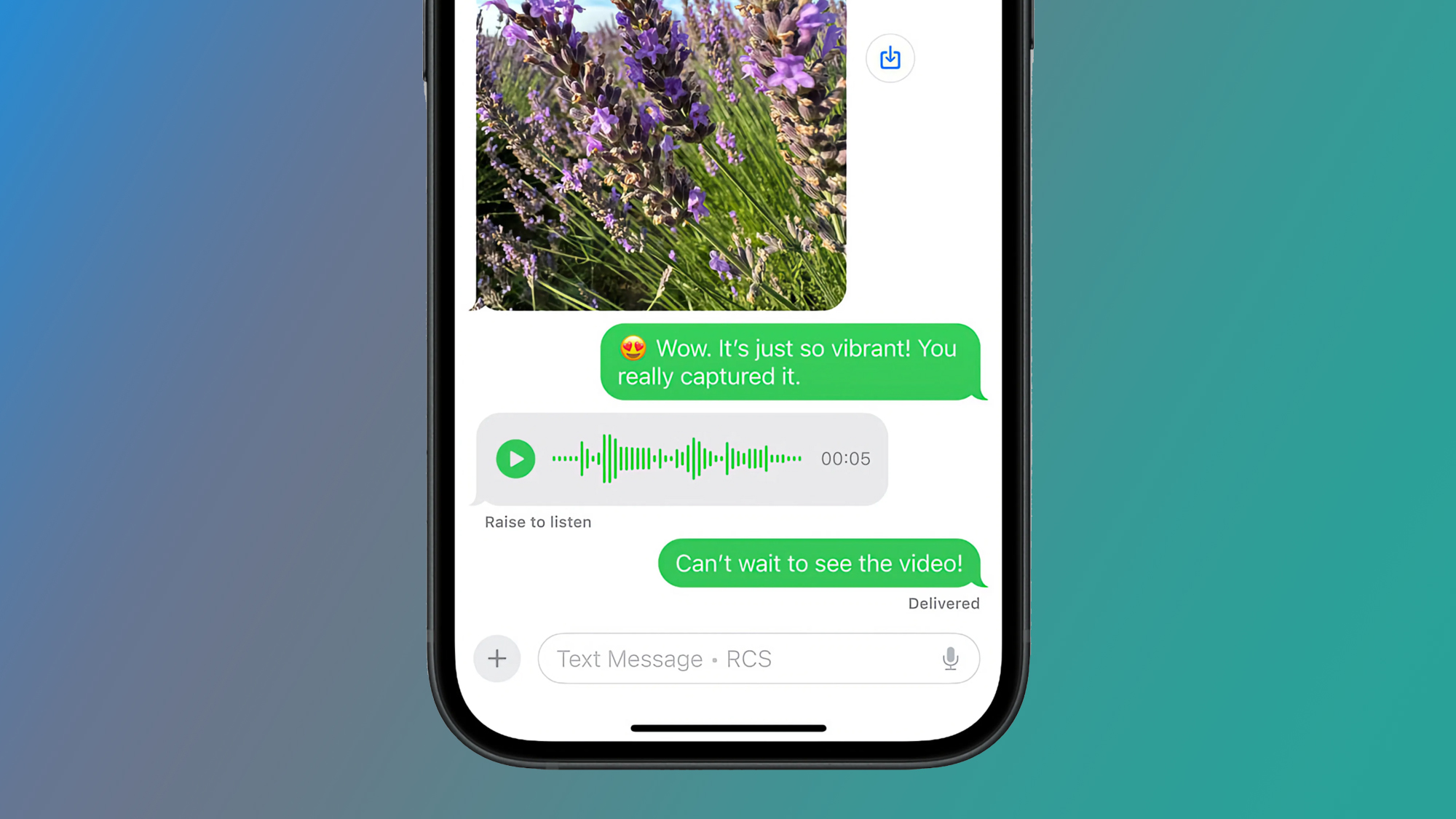
Google has been championing RCS (Rich Communication Services) for a long time, but the company hasn’t actually been making the most of this SMS alternative.
RCS – which is supported by Google Messages – is a more modern alternative to SMS, allowing users to send high-quality images, videos, and GIFS, along with various other file types. It also allows for read receipts, typing indicators, and end-to-end encryption. You can think of it as functionally being similar to iMessage or WhatsApp, except that it works across standard messaging apps.
That’s all great, but despite RCS technically supporting all these things, the current implementation in Google Messages won’t actually send high-quality images – it will heavily compress them instead.
That could be changing though, as in a teardown of the latest version of Google Messages, Android Authority has found code strings that suggest you’ll soon be able to send images measuring up to 8,192 pixels tall or wide. That’s still a restriction then, but it’s a lot less limiting than the current version, which seems to top out at 2,400 pixels.
Never necessary

It’s odd that such a restrictive resolution was ever in place, as it’s not a requirement of RCS – Samsung Messages, for example, also uses RCS and has no such restrictions.
Google may have decided to make this change now because Apple is finally bringing RCS support to the iPhone with iOS 18, and also doesn’t appear to be compressing images (based on the implementation in iOS 18 betas).
That means that currently iPhone users with access to RCS in the iOS 18 beta can send their Android friends uncompressed images, but anyone using Google Messages won’t be able to send uncompressed images in return.
So it’s not a good look for Google that Apple’s day-one implementation of RCS is superior, especially after Google has spent years calling for Apple to support RCS.
Whether or not this is the reason for the rumored change to a 8,192-pixel limit, this will undoubtedly be good news for users. It remains to be seen how soon this change will roll out though – assuming it does at all.







